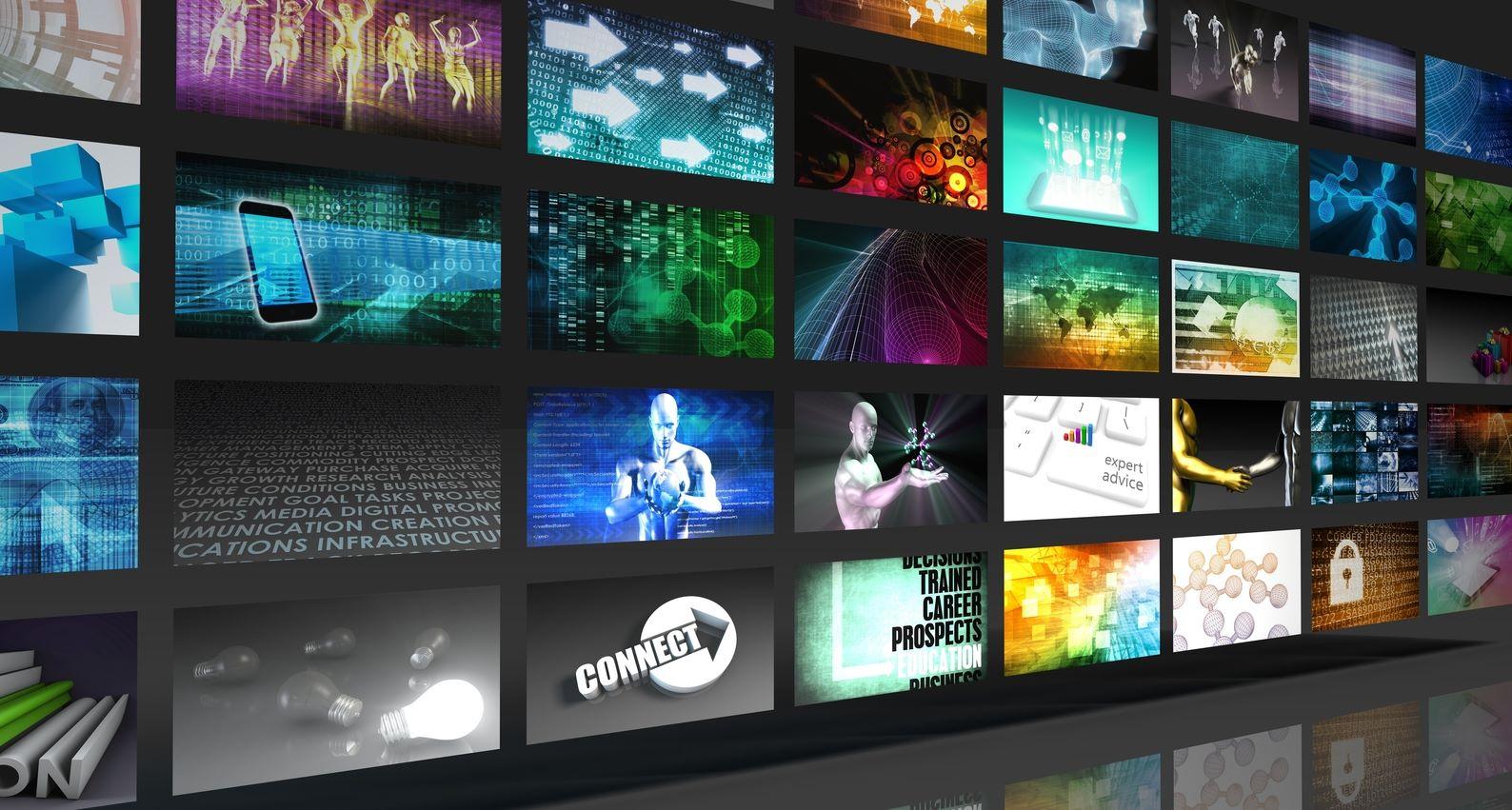Technology Disruption in the Media Industry
Published on 05 Aug, 2020

The world of entertainment has undergone a massive change in the past decade due to the advent of new technologies. Innovations in the platform, content, and the entire delivery process have ensured that our entertainment is engaging, exciting, and accessible anywhere, anytime. Such technologies are still evolving and will continue to enhance our viewing experience.
Our gateway to the world of entertainment, comprising music, movies, series, gaming, and other formats, is evolving and changing at a rapid pace. Currently, we have the option to choose between video game, OTT, and traditional cable TV formats to be entertained as intended. Media companies have embraced emerging technologies to offer the best viewing experience for attracting more customers.
New age technologies have made a major impact in the media industry, allowing it to transform and become more sophisticated. Numerous emerging technologies and their benefits are still being explored, few of which are listed below:
Artificial Intelligence (AI) – The emerging technology of AI can be defined as the ability of a digital computer or a robot to perform tasks and conduct analyses like an intelligent being. It can be used to reason, discover meaning, generalize, or learn from experience.
Benefits:
- Currently, AI is primarily used to enhance the experience of customers by matching them with the most relevant content. Supervised algorithms are matched with data, helping AI curate content as per customer preference.
- AI has made the development of marketing content faster and accurate, as it uses predictive analytics to understand what would grab a viewer’s attention.
- AI-driven solutions are being used to enable intelligent data streaming.
Virtual Reality (VR) and Augmented Reality (AR) – While VR offers viewers a completely immersive experience that shuts out the physical world, AR adds a digital element to enhance the real view.
Benefits:
- Both VR and AR help viewers have a supplementary immersive experience in entertainment.
- VR headsets help viewers feel like a participant and help them connect with the story while they are watching. AR, on the other hand, intensifies the real-life experience of the viewer. It helps augment the relevant parts, hence creating engaging content.
- AR and VR are being increasingly used in different fields in the entertainment industry, be it gaming, theatre, museums, football matches, or music concerts.
5G – The 5G wireless technology is set to ramp up the internet speed. It is the latest development in cellular technology, and would boost the speed and responsiveness of wireless networks.
Benefits:
- OTT will gain prominence as 5G connectivity increases across the world. Adoption of Netflix, Amazon Prime, and other OTT platforms are already on the rise globally, as 5G connectivity rolls out.
Blockchain – This multifaceted technology can be defined as a digital ledger of online transactions that is distributed across the entire network of computer systems.
Benefits:
- Blockchain timestamping will allow photographers or other digital artwork creators to register proof of copyright quickly and inexpensively to ensure the prevention of unauthorized use of their content.
- Blockchain content ledger will record digital content information such as asset metadata and social media transactions.
- Blockchain can secure and simplify the entire backend of the media industry.
Big data analytics – Currently, organizations have access to immense amounts of data; hence, big data analytics is essential. This process can be defined as the evaluation of big data to discover hidden patterns, correlations, market trends, and customer preferences.
Benefits:
- Media houses use big data to understand the content requirements of customers. Functions such as Predictive Analytics, Prescriptive Analytics, Data Mining, and Benchmarking are aiding in recognizing the trends.
- Media houses are already implementing this technology to release shows that may have high success rate. Big data will soon reshape the entire content creation aspect of the entertainment industry.
Social media, online news, streaming, OTT, and digital videos are fairly new entrants that have managed to ingrain themselves into our daily lives. In the long term, this sector is set to further evolve and revolutionize customer experience.
The media industry will continue to expand and innovate, with new technologies entering the fray. Adoption of such technologies would reshape the way the industry currently operates, and soon affect movies and shows viewed in the big screen as well. Media companies and content creators need to be ready for the disruption coming their way, and they should invest in relevant technologies to surpass the competition.
